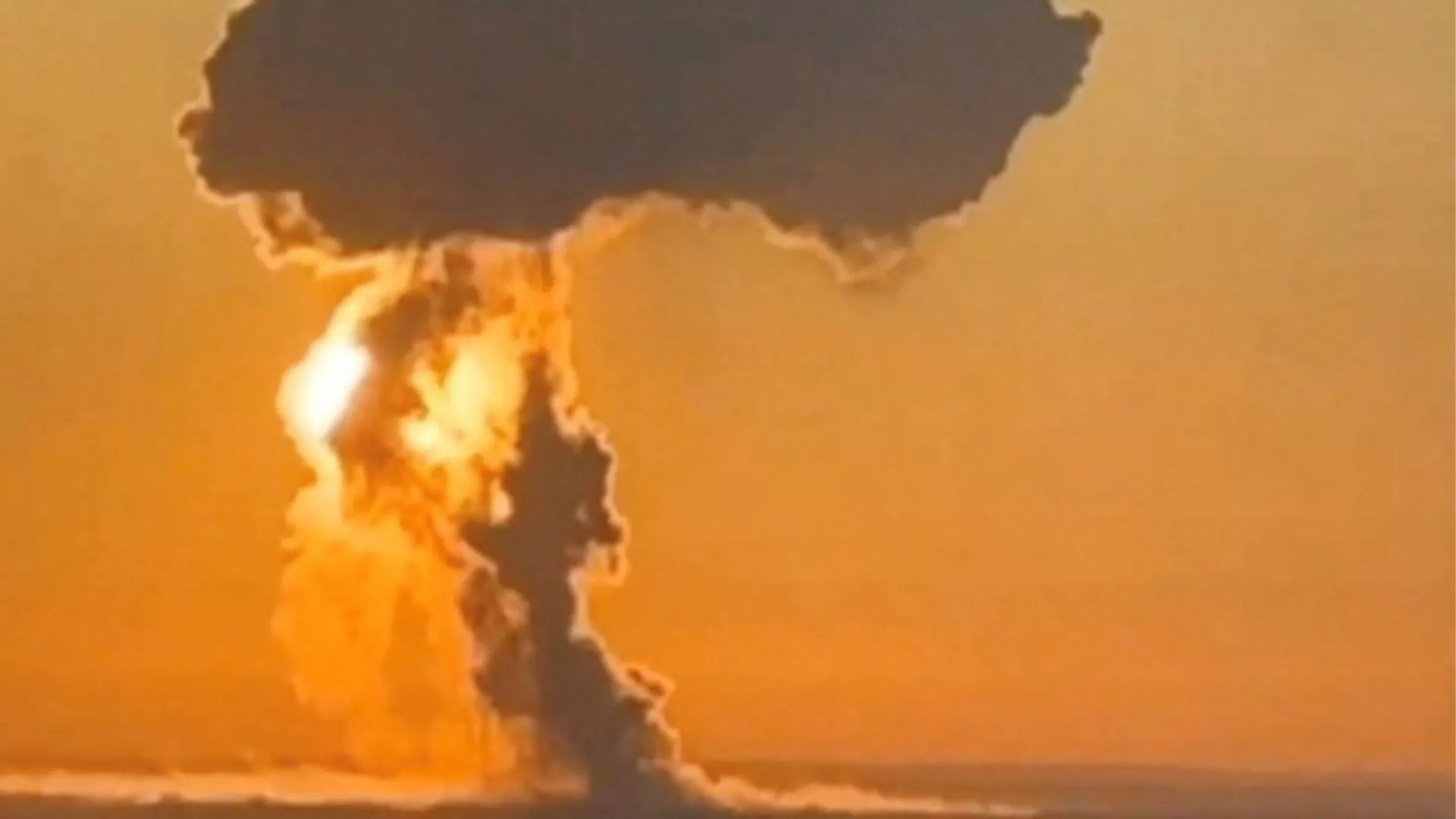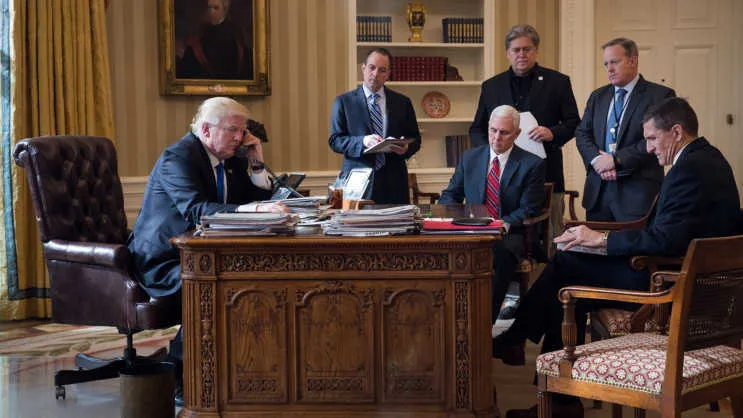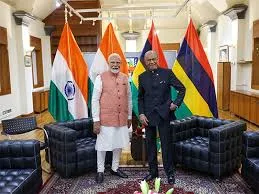Beijing has firmly stated that it has shared information regarding Covid-19 “without holding anything back,” following a recent appeal from the World Health Organization (WHO) for China to provide additional data to better understand the origins of the disease. Covid-19, which first emerged in Wuhan in December 2019, has since resulted in millions of deaths, devastated economies, and overwhelmed healthcare systems worldwide.
In a statement released on Monday, the WHO emphasized the “moral and scientific imperative” for China to enhance its data sharing. In response, Chinese foreign ministry spokeswoman Mao Ning defended the country’s transparency, asserting that China has made the “largest contribution to global origin tracing research.”
“Five years ago, China immediately shared epidemic information and viral gene sequences with the WHO and the international community,” Mao stated during a regular press briefing. “Without holding anything back, we shared our prevention, control, and treatment experience.”
Despite these claims, the WHO has repeatedly criticized Chinese authorities for their perceived lack of transparency and cooperation throughout the pandemic. In early 2021, a team of specialists from the WHO, accompanied by Chinese colleagues, investigated the origins of the virus. Their joint report suggested that the virus likely transmitted from bats to humans through an intermediary animal, possibly at a market. However, since that investigation, a WHO team has not been able to return to China, and officials have continued to request additional data.
Mao further stated that “more and more clues” indicate that COVID-19’s origins have a “global scope.” She expressed China’s willingness to collaborate with various parties to promote global scientific origin tracing and to take proactive measures to prevent potential infectious diseases in the future.
Pandemic Preparedness and Future Agreements
This month, WHO Director-General Tedros Adhanom Ghebreyesus warned that the world would still face vulnerabilities similar to those that allowed Covid-19 to spread if a new pandemic were to emerge today. However, he noted that significant lessons have been learned from the pandemic, leading to steps taken to strengthen defenses against future epidemics.
In December 2021, in response to the devastation caused by Covid-19, countries began drafting an accord focused on pandemic prevention, preparedness, and response. The WHO’s 194 member states have largely agreed on the treaty’s contents, but negotiations have stalled on practicalities, particularly regarding the obligation to quickly share emerging pathogens and the benefits derived from them, such as vaccines. The deadline for finalizing these negotiations is set for May 2025.










